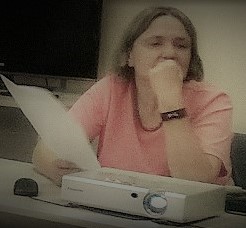A Publisher's Conversation with Authors: When You Want Your Book to Make the NYT Bestseller List, Part II

(photo by Frank Perez) It is Tuesday. Time to tall turkey. Monday's madness is over, and Wednesday will take us over the hump, so Tuesday it is--for some serious discussion with authors. Tuesday talks mean to address authors in waiting and self-published authors who would like to go a more traditional route or who would at least like to take their steps with a publisher by their side. Today's topic continues the discussion from last week about that lure for every first-time author: the New York Times Bestseller List. Last week, we talked about the need to sell 5000-10000 books each and every week you want your book to appear on the list, with the understanding that this is not a count of total books sold but an algorithmic approach, using sampling from stores that NYT considers representative of the whole (right or wrong) and might require the number of books sold as a whole to be greater in order to have enough hit the right sampling venues. The traditional and hones...




